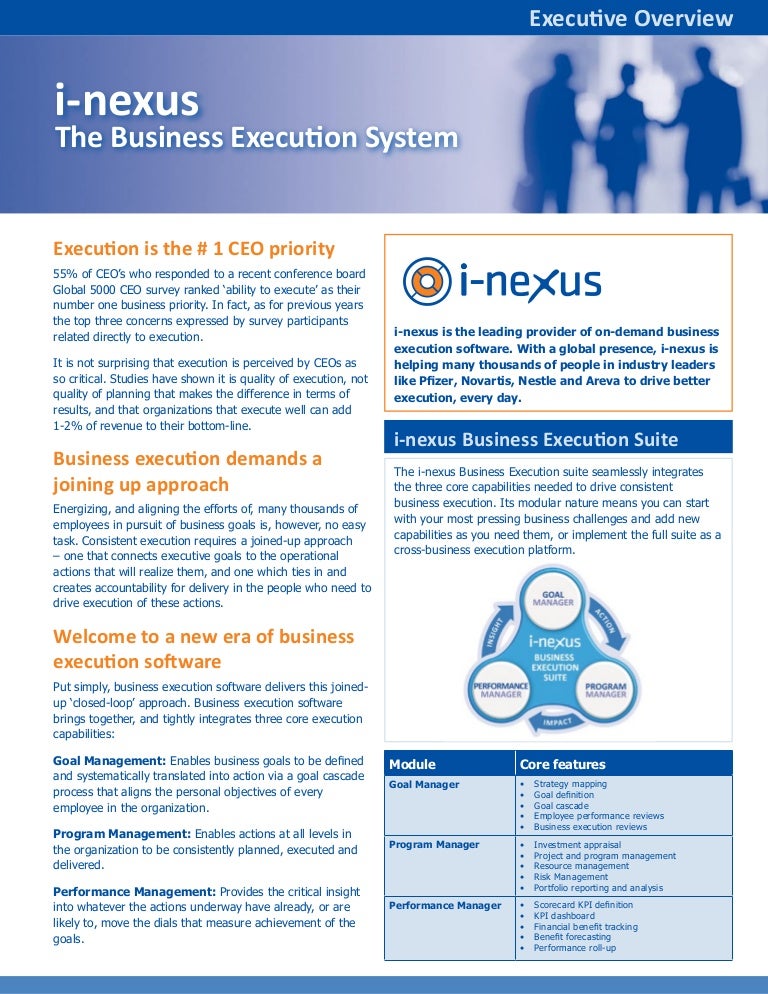


In addition to the well-established nexus concepts, businesses must be aware that, in recent years, states have taken an aggressive approach to expanding traditional notions of nexus and are continually pushing the legislative and regulatory boundaries of which activities create nexus within their borders. Do you sell cloud-based services to customers in other states?.Do you have significant sales in a state?.Does your business have employees or independent contractors that travel into non-filing states?.Does your business maintain real or personal property in the state?.Here are a few of the many questions that must be asked when determining whether nexus for your entity exists in states where your business does not currently file: Entities currently doing business in more than one jurisdiction must be certain that their activities are appropriately accounted for and any necessary compliance obligations fulfilled. An analysis of whether an entity is subject to tax in a particular state or locality must begin with one question: Does the state have jurisdiction to tax my business activity? The answer, of course, is not always so simple. Nexus applies to all taxes, including sales and use tax and income and franchise taxes. Constitution, federal law, and state law. At its heart, nexus is about each state’s sovereign power to tax, and is best understood by examining the implications of the limitations placed thereon by the U. This jurisdictional concept, which is commonly referred to as nexus, is one of the core issues of multistate taxation, and is the subject of substantial amounts of legislation, regulatory action, and litigation at both the state and federal level. Keeping up with sales tax on remote purchasesīefore a state can impose a tax liability and filing responsibility on an out-of-state entity, it must show that the entity’s activities within the state are sufficient to support an assertion of jurisdiction over the entity’s person or property.


 0 kommentar(er)
0 kommentar(er)
